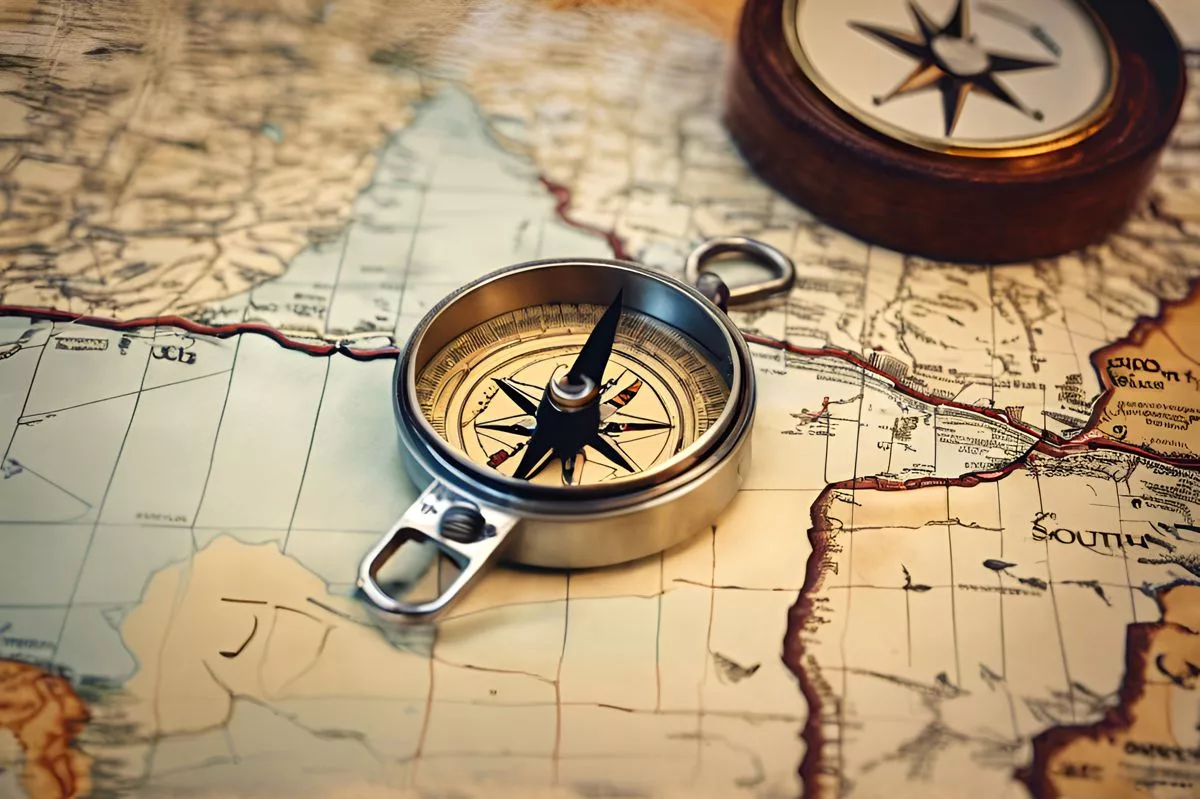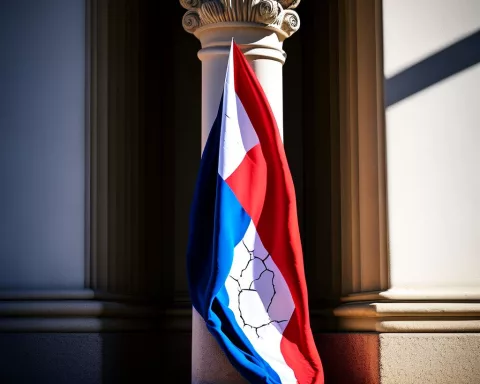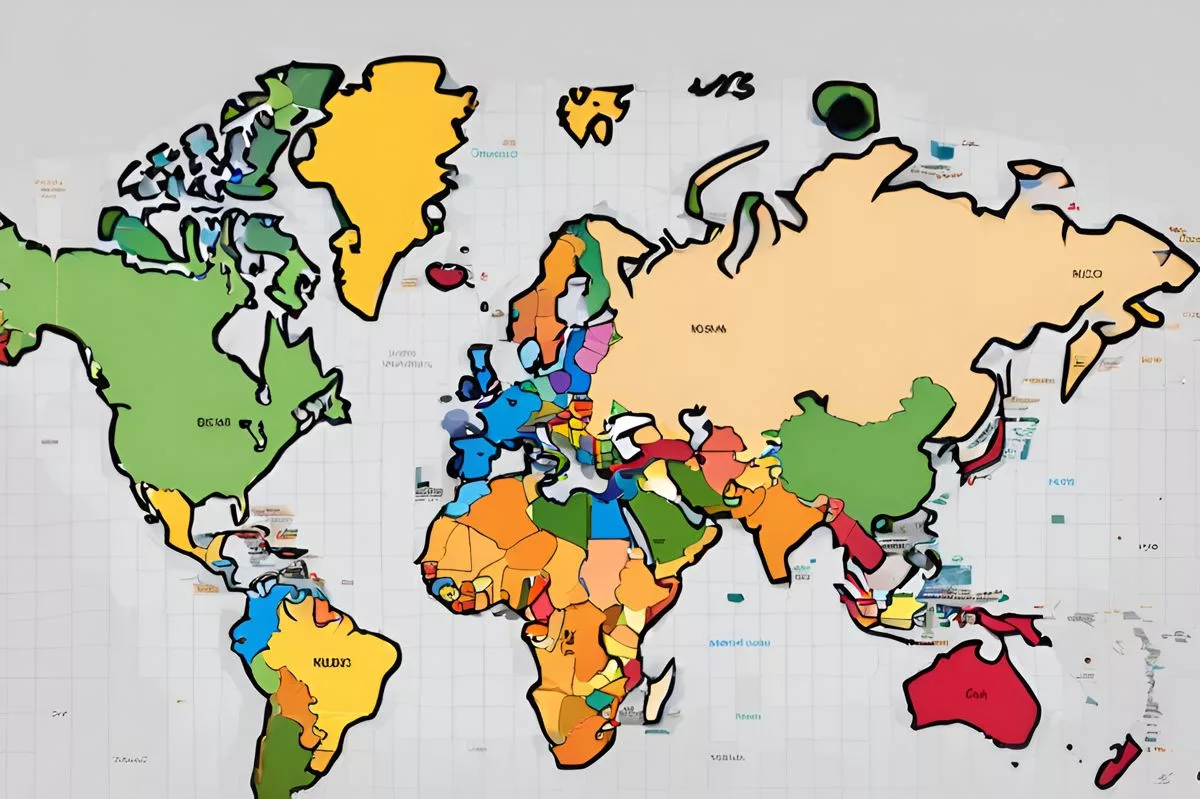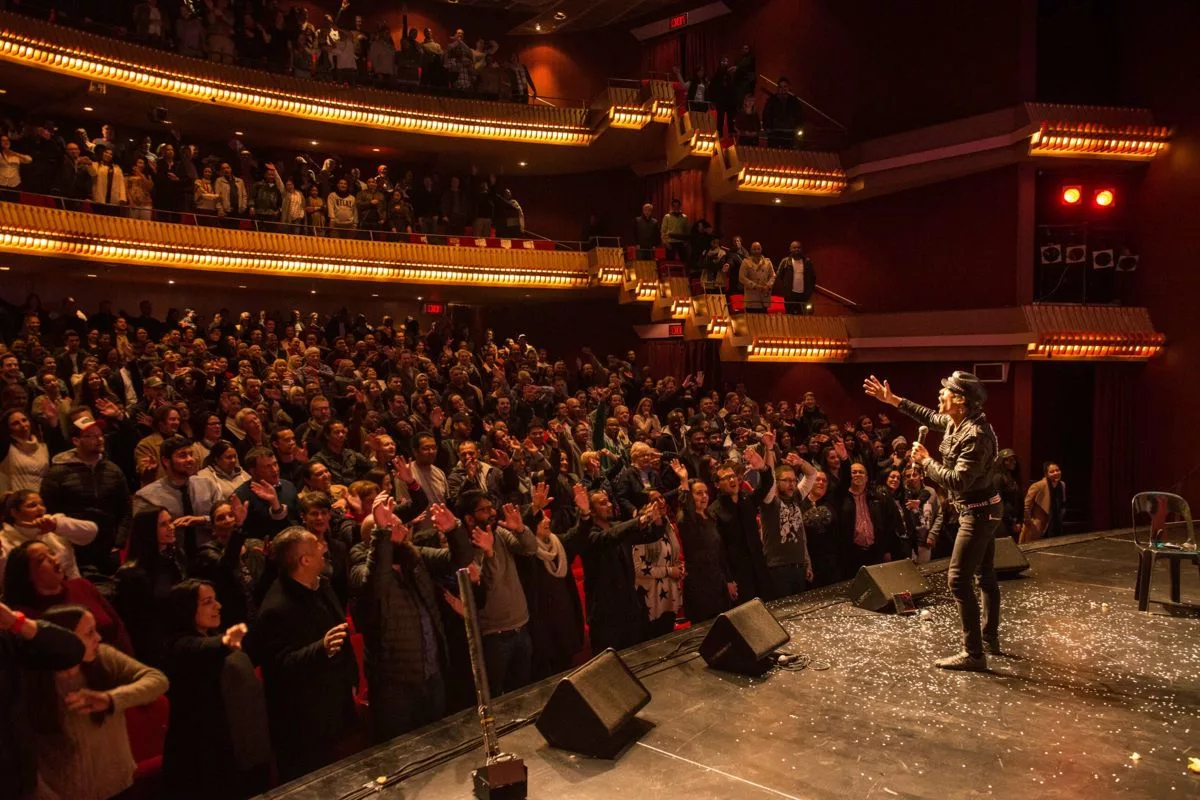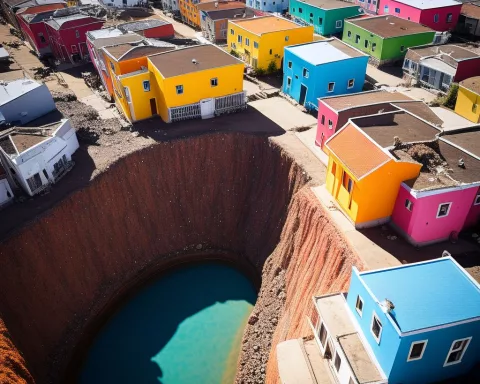South Africa’s African National Congress (ANC) has assembled a team to lead the party through the uncharted waters of coalition negotiations following its historic election upset, which resulted in the weakest vote count for 30 years. The team is led by Fikile Mbalula and includes Gwede Mantashe, Nomvula Mokonyane, Maropane Ramokgopa, and Gwen Ramokgopa. The Democratic Alliance has also assembled a team led by Tony Leon and Helen Zille in preparations for the upcoming five-year tenure. The parties will need to engage in pragmatic and strategic negotiations to shape South Africa’s political future.
Who is leading the ANC’s coalition negotiation team?
Seasoned politician Fikile Mbalula is leading the African National Congress’ (ANC) negotiating team, which includes Gwede Mantashe, Nomvula Mokonyane, Maropane Ramokgopa, and Gwen Ramokgopa. President Cyril Ramaphosa and Deputy President Paul Mashatile are not part of the team. Their mission is to navigate the uncharted waters of coalition negotiations and shape South Africa’s political future.
The African National Congress (ANC) is addressing a remarkable shift in South Africa’s political landscape after a historic election upset. The veteran political organization has tasked a seasoned team, headed by Secretary General Fikile Mbalula, with steering the party through the stormy seas of coalition talks. This move comes in the wake of the ANC’s disappointing 2024 election performance which resulted in the weakest vote count in thirty years, leading to the necessity for a coalition to retain ruling party status.
The ANC collected only 40.18% of the votes, falling short of a clear majority. This marked a crucial turning point in the nation’s politics, signaling the beginning of a coalition government for the upcoming five-year tenure. This electoral downturn was further evidenced by losses in the provinces of Gauteng, KwaZulu-Natal, and the Northern Cape, indicating a massive shift in voter moods.
The Veteran Negotiating Team of ANC
Fikile Mbalula is poised to lead the ANC’s negotiating team, an assembly that possesses an abundance of political expertise. The team includes Gwede Mantashe, the Chairperson; Nomvula Mokonyane, the First Deputy Secretary General; Maropane Ramokgopa, the Second Deputy Secretary General; and Gwen Ramokgopa, the Treasurer General. Notably, both President Cyril Ramaphosa and Deputy President Paul Mashatile are missing from the negotiation team.
This experienced team’s mission is to guide the ANC through the uncharted territory of coalition negotiations. Their collective wisdom, insights, and experience will be crucial in these discussions. As South Africa enters a new era of coalition government, their decisions will shape the country’s political future.
Democratic Alliance’s Plans for Coalition Negotiation
Following in the footsteps of the ANC, the Democratic Alliance (DA), still maintaining control over the Western Cape, has assembled its coalition negotiation team composed of many of the party’s experienced leaders. The team will be jointly led by former DA leaders Tony Leon, who was at the helm from 1999 to 2007, and Helen Zille, the party leader from 2007 to 2015. Their mission is to persuade different parties to agree on a governance deal.
The DA’s group also includes Western Cape Premier Alan Winde, Chief Whip Siviwe Gwarube, Federal Chairperson Ivan Meyer, and Strategist Ryan Coetzee. The party remains open to the possibility of collaborating with the ANC to form a government in parliament and provincial legislatures.
The Road Ahead: Pragmatic, Strategic Negotiations
John Steenhuisen, the DA leader, confirmed the party’s dedication to engaging in dialogue with all other political parties during a media briefing following the election results. Although he is not a member of the DA negotiation team, Steenhuisen assured that the combined expertise of the team will influence the party’s strategic moves in the future.
The DA, who emerged as the runner-up in the 2024 election, secured 3,505,735 votes, accounting for a significant 21.81% of the total vote count. This crucial juncture in South African politics requires both the ANC and the DA to ensure their negotiations are tactical, practical, and centered on the best interest of the South African people.
Their actions and decisions over the following weeks will establish the tone for the nation’s political future as South Africa embarks on a new path under a coalition government. The need for cooperation, compromise, and strategic decision-making has never been more critical. South Africa is on the cusp of a new political era, and the choices made in these negotiations will certainly shape its future.
What is the Democratic Alliance’s plan for coalition negotiations?
The Democratic Alliance (DA) has assembled a coalition negotiation team led by Tony Leon and Helen Zille, former party leaders. The team includes Western Cape Premier Alan Winde, Chief Whip Siviwe Gwarube, Federal Chairperson Ivan Meyer, and Strategist Ryan Coetzee. Their objective is to persuade different parties to agree on a governance deal and remain open to collaborating with the ANC to form a government.
What is the reason for the coalition negotiations in South Africa?
The African National Congress (ANC) received only 40.18% of the votes in the 2024 elections, falling short of a clear majority, which marked a crucial turning point in the nation’s politics. The coalition negotiations are necessary to retain ruling party status and shape South Africa’s political future.
Who is missing from the ANC’s negotiation team?
President Cyril Ramaphosa and Deputy President Paul Mashatile are not part of the African National Congress’ (ANC) negotiation team. The seasoned team is led by Fikile Mbalula and includes Gwede Mantashe, Nomvula Mokonyane, Maropane Ramokgopa, and Gwen Ramokgopa.
What is John Steenhuisen’s stance on the negotiations?
John Steenhuisen, the leader of the Democratic Alliance (DA), confirmed the party’s dedication to engaging in dialogue with all other political parties during a media briefing following the election results. Despite not being a member of the DA’s negotiation team, Steenhuisen is confident that the team’s combined expertise will influence the party’s strategic moves in the future.
What is the significance of the 2024 election in South Africa?
The 2024 election marked a crucial turning point in South Africa’s politics, signaling the beginning of a coalition government for the upcoming five-year tenure. The African National Congress (ANC) and the Democratic Alliance (DA) will need to engage in pragmatic and strategic negotiations to shape South Africa’s political future.
What is the importance of the coalition negotiations in South Africa?
The coalition negotiations are crucial in shaping South Africa’s political future, especially as the country embarks on a new path under a coalition government. The need for cooperation, compromise, and strategic decision-making has never been more critical as the actions and decisions made in these negotiations will certainly shape the nation’s future.


